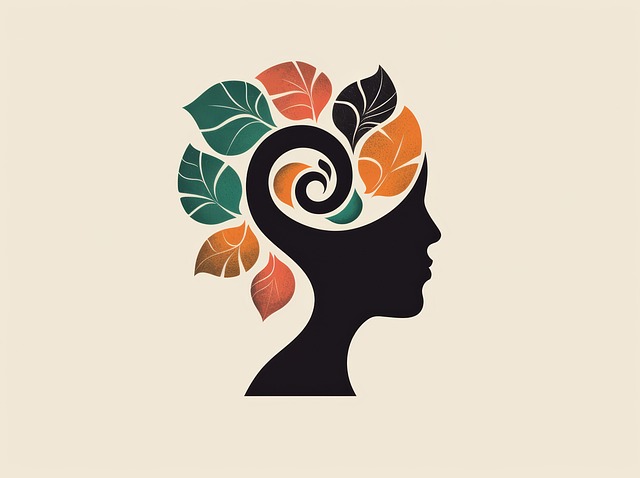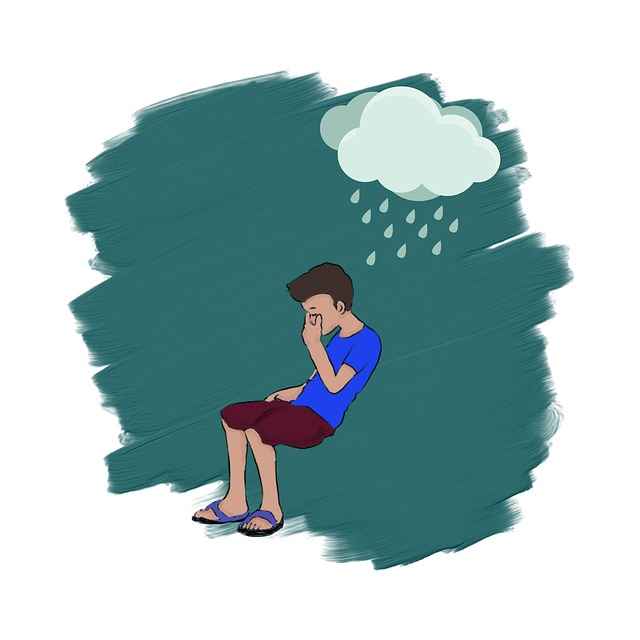Lone Tree Adolescent and Teen Therapy addresses substance abuse risks in teens through early intervention, focusing on peer pressure, emotional regulation, and coping mechanisms. They promote open conversations, self-care routines, and confidence-building techniques to empower teens against drugs. Using evidence-based methods like CBT, they teach stress management, self-awareness, and healthy habits to build resilience and prevent substance abuse. Their strategies include family meetings, school programs, crisis intervention, mindfulness meditation, and burnout prevention for holistic teen well-being.
Substance abuse among adolescents is a growing concern, with potential long-term consequences. This article explores comprehensive risk reduction strategies tailored for young minds. We delve into understanding the unique risks faced by teens, highlighting the importance of early intervention. Creating supportive environments at home and school serves as a foundation. Effective therapy approaches, including evidence-based practices, are discussed to empower youths. Additionally, we emphasize building healthy habits and coping mechanisms, offering valuable insights from Lone Tree Adolescent and Teen Therapy experts.
- Understanding Substance Abuse Risks Among Adolescents and Teens
- Creating a Supportive Environment at Home and School
- Effective Therapy Approaches for Risk Reduction
- Building Healthy Habits and Coping Mechanisms
Understanding Substance Abuse Risks Among Adolescents and Teens

Substance abuse among adolescents and teens is a growing concern, with potential risks impacting their present and future well-being. This vulnerable demographic faces unique challenges that can contribute to an increased likelihood of engaging in substance use. Factors such as peer pressure, emotional regulation difficulties, and a lack of proper coping mechanisms can play a significant role. Many teens struggle with understanding the immediate consequences of their actions, making them more susceptible to experimental drug or alcohol use.
Lone Tree Adolescent and Teen Therapy highlights the importance of early intervention and support systems in mitigating these risks. Encouraging open conversations about substance abuse and promoting healthy emotional regulation strategies can be life-saving. Developing a self-care routine for better mental health is another crucial aspect, fostering resilience and confidence boosting techniques to help teens navigate challenging situations without resorting to substances.
Creating a Supportive Environment at Home and School

Creating a supportive environment is a cornerstone in risk reduction for substance abuse, especially among adolescents. Both home and school play pivotal roles in fostering an atmosphere that encourages open dialogue and emotional well-being. At home, parents can implement strategies such as regular family meetings to discuss concerns, celebrate achievements, and promote active listening. This open communication builds trust and creates a safe space for teens to express their feelings without fear of judgment or consequences.
Schools, on the other hand, can integrate programs that teach conflict resolution techniques and self-awareness exercises into their curriculum. These initiatives empower students with essential skills to navigate social pressures and make informed decisions. By combining supportive environments at home and in school, as supported by Lone Tree Adolescent and Teen Therapy, we can better equip young individuals to resist substance abuse and promote healthier lifestyle choices.
Effective Therapy Approaches for Risk Reduction

Effective therapy approaches play a pivotal role in risk reduction for substance abuse. Lone Tree Adolescent and Teen Therapy emphasizes evidence-based methods such as cognitive-behavioral therapy (CBT), which equips young individuals with essential coping skills to manage triggers and cravings. By fostering self-awareness exercises and promoting healthy self-care practices, these therapies help adolescents navigate stress and emotional challenges without resorting to substance abuse.
Integrating burnout prevention strategies within the therapeutic framework is another key component. Adolescents learn to recognize signs of exhaustion and overwork, implementing techniques to set boundaries and prioritize rest and relaxation. This holistic approach not only addresses immediate risk factors but also empowers young people with long-term tools for maintaining mental well-being and steering clear of substance dependencies.
Building Healthy Habits and Coping Mechanisms

Building healthy habits and coping mechanisms is a cornerstone of substance abuse prevention, especially for adolescents and teens navigating challenging life stages. Lone Tree Adolescent and Teen Therapy emphasizes the importance of teaching young individuals effective strategies to manage stress, emotions, and triggers. Through crisis intervention guidance, compassion cultivation practices, and mindfulness meditation, teens can develop resilience and emotional intelligence.
By integrating these evidence-based techniques into daily routines, adolescents gain tools to cope with pressure, anxiety, or low mood without resorting to substances. Mindfulness meditation helps them stay present, while compassion cultivation practices foster self-acceptance and empathy for others. These habits not only reduce the risk of substance abuse but also promote overall well-being and a positive outlook on life.
Substance abuse among adolescents and teens is a complex issue, but with the right strategies, risks can be significantly reduced. By fostering a supportive environment at home and school, implementing effective therapy approaches like those offered by Lone Tree Adolescent and Teen Therapy, and encouraging healthy habits and coping mechanisms, we can empower young individuals to make better choices. These comprehensive strategies not only address current abuse but also equip teens with tools to prevent future misuse, paving the way for a healthier, safer future.














